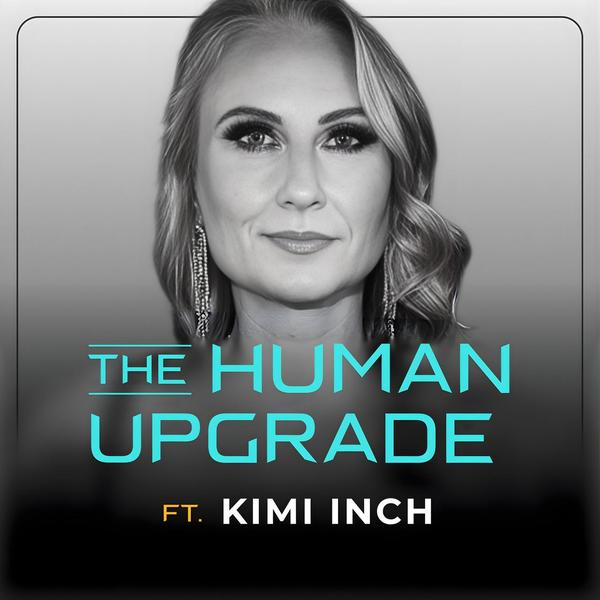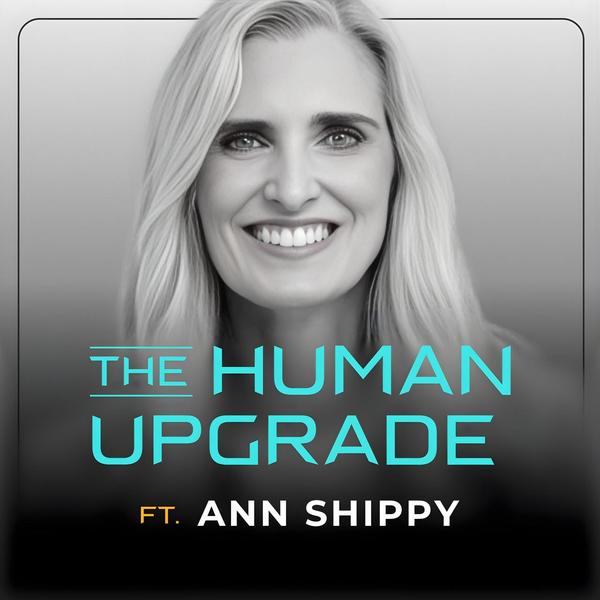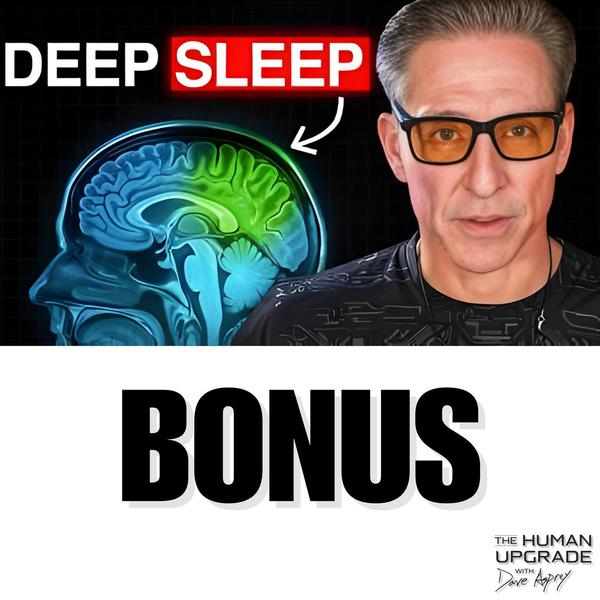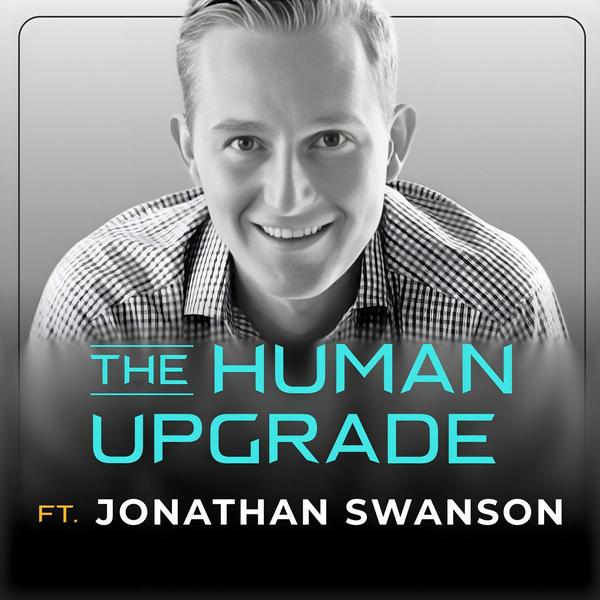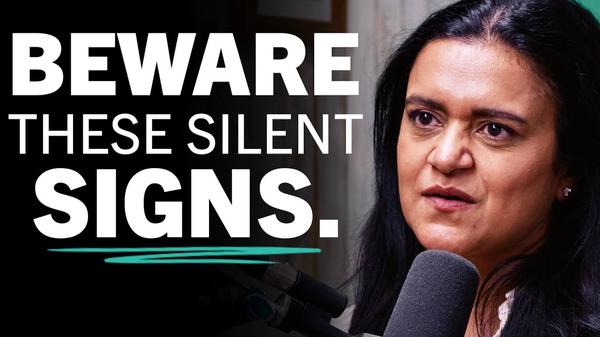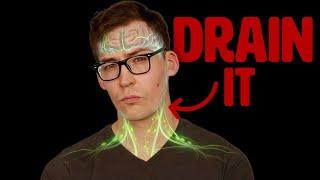The Science Behind Memory - Dr. Charan Ranganath
Dave Asprey
Apr 16, 2024
Mindsip insights from this episode:
Reframe painful memories to transform emotional pain
Instead of trying to delete a painful memory, the goal should be to change the narrative and emotional pain associated with it by sharing and reframing the experience.
Organize information to enhance memory retention
A good memory is not about remembering everything, but about organizing important information and being able to forget what's not useful, much like Marie Kondo organizes a house.
Utilize memory to navigate present and future for survival
The evolutionary purpose of memory is not to perfectly recall the past, but to use past experiences to understand the present and anticipate the future for survival.
Leverage expertise to enhance memory retention
People with deep expertise, like chess masters, can effortlessly memorize vast amounts of new information because their existing knowledge provides a structure to attach it to.
Reconstruct memories using contextual clues instead of timestamps
We don't have a precise time and date stamp on our memories; instead, our brain reconstructs the time of an event by making inferences from contextual clues.
Rethink memory: prioritize meaningful integration over data capture
The idea of a brain implant like Neuralink recording everything misses the point that human memory is strategic, focusing on integrating meaningful information rather than capturing all data.
Microdose Cialis to enhance brain blood flow and reduce Alzheimer's risk
A microdose of about 6 milligrams of Cialis may serve as a longevity tool by improving blood flow in the brain, potentially reducing the risk of Alzheimer's disease.
Understand gut-brain connection through diet's impact on memory
In a rat study, memory deficits from a high-sugar diet were transferred to healthy rats via a gut bacteria transplant, highlighting a powerful gut-brain connection in memory.
Leverage psychedelics to enhance brain plasticity and revise memories
Psychedelics can temporarily increase brain plasticity, allowing for the rapid revision of traumatic memories or persistent negative thought patterns.
More from
Dave Asprey
You also might be interested in
The Hidden Damage That Happens "Behind-The-Scenes" In The Adult Entertainment Industry, With Former Adult Actress Felicity Feline
How to Set & Achieve Goals | Huberman Lab Essentials
Neuroscientist: If You’re Feeling THIS, You’ve Lost Touch With Your True Self
Neuroscientist: If You Feel THIS, You're Living the Wrong Life (Unlock The One You're Meant For)
Drain your Brain, Protect it from Alzheimer’s Disease




